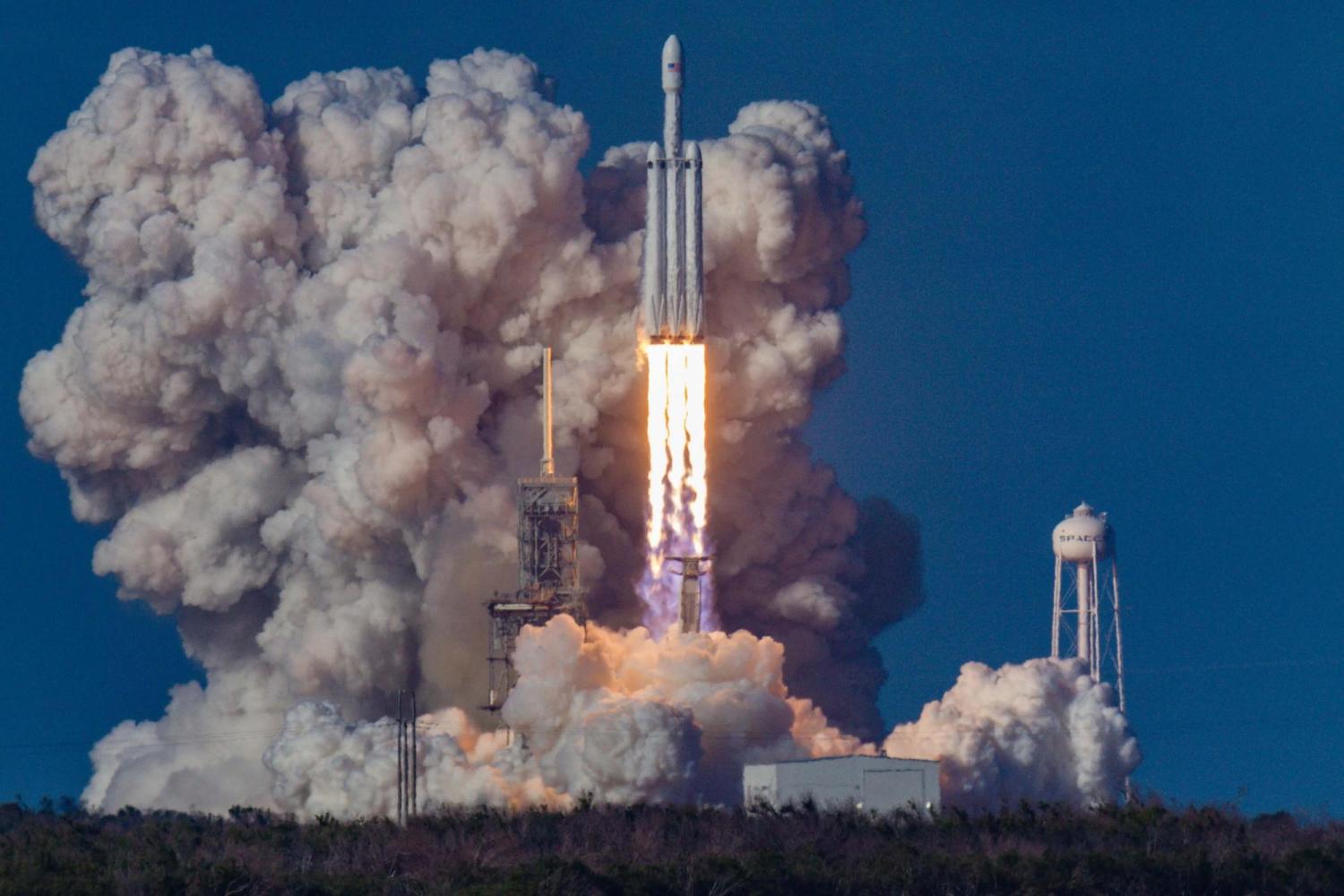Home
Our Why
The business of space is real, and it’s expected to grow four-fold in less than a generation. With projected revenues of up to $1.1 trillion by 2040, the global space industry is set to grow faster and larger than at any other time in human history. This creates enormous opportunities for entrepreneurs and engineers — and the explorer in each of us.
At the same time, this increase in growth does not come without an increase in potential consequences or costs. With every launch, satellite congestion increases and debris accumulates in all realms of near-Earth space. This presents a clear threat to current and future space operations and is particularly concerning for private sector ventures that depend on the safety and security of on-orbit assets for said ventures to remain feasible.
By identifying and integrating a set of common values and norms of behavior into the private space sector, we can collectively ensure the long-term sustainability of commercial space operations in near-Earth space.

Promoting Sustainability In Orbit and On Earth
Within the aerospace industry, and particularly for startups, the true costs of launching more assets into orbit aren’t very well known, which can have important implications for how we all think about the short- and long-term economic viability of near-Earth space.
To that end, the Space & Sustainability Initiative at CU Boulder (SSI) has identified the need for a market analysis of the commercial space industry to determine the costs of being a responsible space actor. This analysis can help inform the business models of both new and established commercial enterprises, as well as ensure that prospective entrepreneurs are able to build these costs into their models from the outset.
Finally, we will connect these norms and values to the UN Sustainable Development Goals (SDGs) and existing international space agreements between nations.


